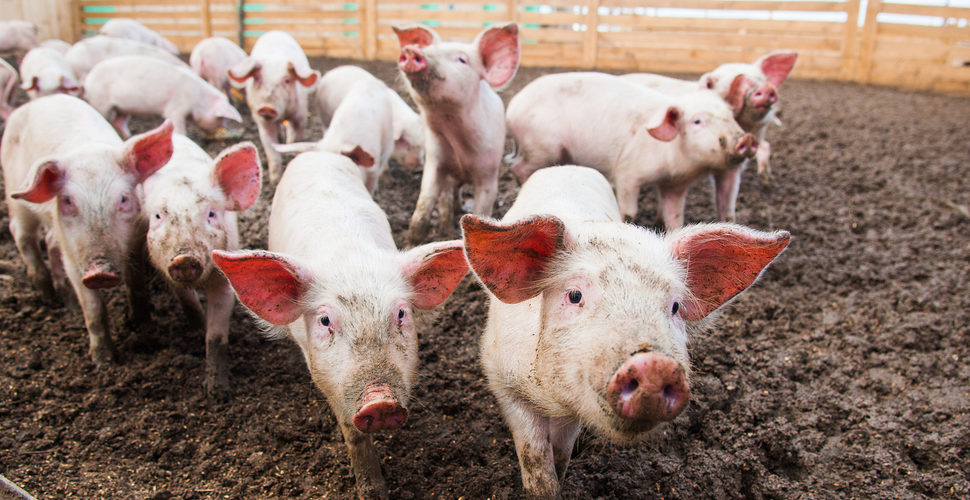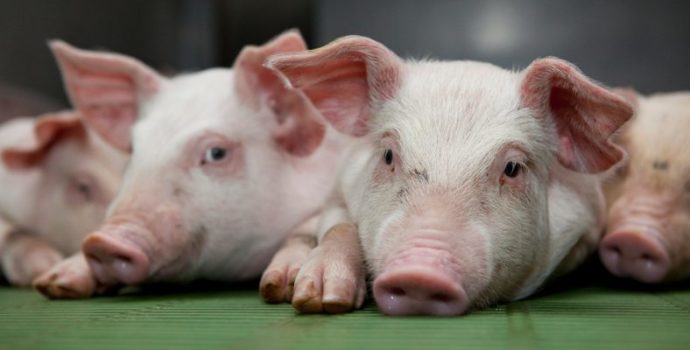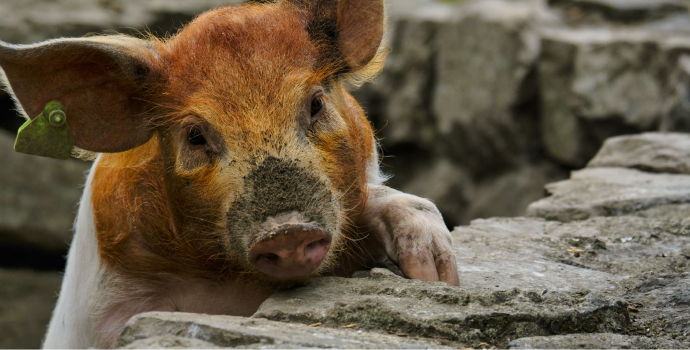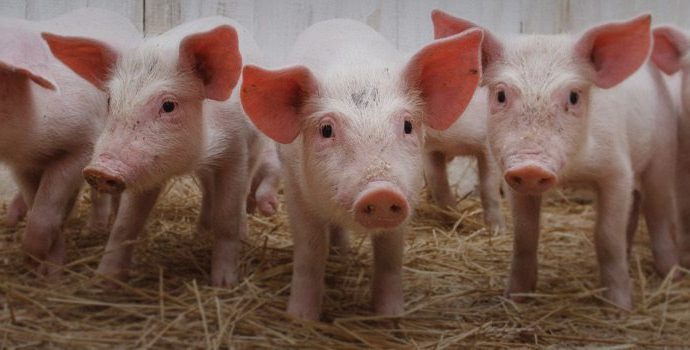Pigs Council Report April 2021

There have been positive market developments since the last IFA council report on 26th February. There have been two 4c/kg increases passed back from Irish processors to pig farmers leaving today’s pig prices as below:
Rosderra €1.60-1.62c/kg
Kepak €1.60-1.60c/kg
Cookstown (NI) €1.64-1.66c/kg
Dawn P&B €1.62-1.64c/kg
Staunton’s €1.60-1.66c/kg
Sows €0.85-1.00ckg
Current Pig Market and Outlook
The European market has moved dramatically over the past 6 weeks, coming from an average price across all 27 members states of €1.27/kg in late February to today’s rising price of €1.55/kg. Massive backlogs of pigs across Germany, Denmark, Belgium and parts of France 6 weeks ago, are now a distant memory, with a shortage of fit pigs and high demand. What has happened in a few short weeks?
International Market Demand
Since Germany has been declared ASF positive due to wild boar testing positive for African Swine Fever last August, Germany, the EU’s second largest producer and exporter of pork has lost market access to China and other important Asian markets. This completely disrupted the market place and routes to consumers, even more so than Covid -19 has done over the past year. A huge amount of pork was left on then EU market with no direct home, depressing every market, including the Irish market. We witnessed a drop from €1.90/kg to €1.50/kg over the past 10 months, due to the combined effects of Covid and ASF in central Europe. Since Christmas the demand from Asian buyers to source pork to go to China has been ramped up much more than expected given the time of year. Spain, which has become the largest European pig producer and exporter in recent years, witnessed a 300% increase in volumes exported to China in January-February this year. This higher demand from the East has cleared the market place of any storage product in chills or live pigs ready for slaughter in farmers’ piggeries. The price rise was dramatic throughout March with some spectacular increases week on week, in Germany, Denmark and particularly Spain. Our Irish price, which had been somewhat insulated from the low prices that were experienced across the continent, saw 8c/kg returned to the price. While welcome, it was all needed as feed price is €20-30 tonne up year on year, and even more so if home millers had not prudently or luckily forward bought their required grains and proteins.
Marketing of pork from countries affected by ASF (African Swine Fever) remains an issue across Europe with many Asian nations, including the biggest pork importer, China, not accepting EU disease regionalisation in relation to ASF. This has excluded all German pork from many important markets and caused high disruption to the internal German and EU pork trade. The overall deficit in pork on a worldwide scale, which still pertains as a result of the ASF outbreaks in Chain and Eastern Europe in the past 2-4 years, has underpinned demand. This demand, despite some reports of the rebuilding of the Chinese pig herd, will dominate the market for 2021 and the coming years. Almost 25% of all pigs in the world were lost to ASF in China alone in 2018-2019 and this will take years to recover.
The Veterinary Medicines Regulation (EU2019/6)
This will update the existing rules on the authorisation and use of veterinary medicines in the European Union (EU) when it becomes applicable on 28 January 2022. The IFA Pig Committee have requested a meeting with both the Veterinary Council of Ireland and DAFM to ascertain how can commercial pig farmers continue to operate within these new regulations.
Move to Online Recording of Slurry Movements
The Nitrates section of DAFM has without any stakeholder consolation or attempt to notify the directly affected farmers of a major change to how movement of pig slurry or poultry litter is recorded.
In summary the DAFM want to move the recording away from a once a year, paper recording system to a real time, continuous online recording on the agfood.ie platform.
What is proposed:
- When an exporting farmer inputs details of an exports volume, date, and importer details, a SMS text will be sent to the receiving farmer.
- The importing farmer then has 5 working days to log in and accept the movement of slurry/litter onto their farm
- If the importing herd owner fails to respond within 5 working days, then the movement will be deemed not to have happened.
IFA have a major concern on how this will affect the export of all pig slurry/litter /FYM.
- This is relevant to all exporting farms, but given the nature and structure of the Irish pig and poultry sectors, it is especially pertinent to these two sectors.
- No consolation has taken place with IFA to date on this move to online.
IFA are progressing this issue to a high level in DAFM to find a workable solution.
| Roy Gallie Chair | Robert Malone Senior Policy Executive |




